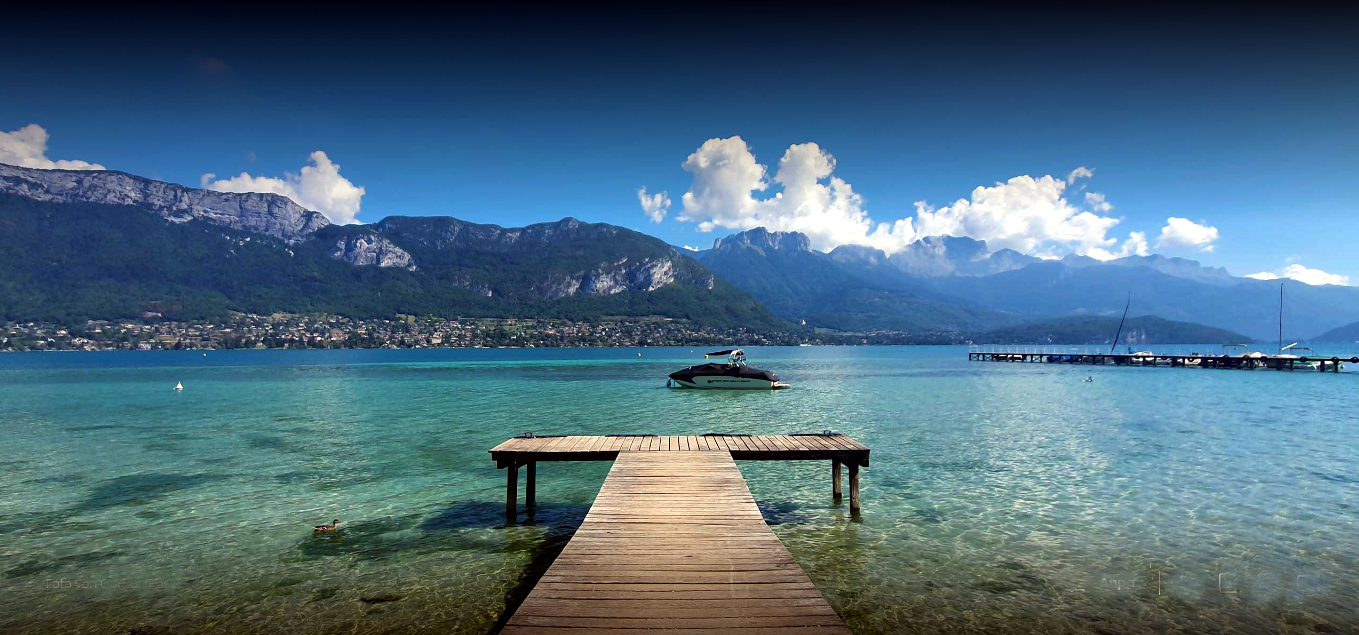Someone [FB]asked about whether there is a book dedicated to revealing our country’s corruption, theft and state employee corrupt commissions of exhorting from entrepreneurs, out of which I made some thoughts on it and came across this summarized information:
How to counter those High corruptions and theft of public properties, illegal commission takings of state official in Sri Lanka
Addressing high levels of corruption and the theft of public property, as well as illegal commission takings by state officials in Sri Lanka, requires a multi-faceted approach involving legal, institutional, and societal measures. Here are some steps that can be taken:
1. **Strengthen Legal Frameworks**: Enact and enforce robust anti-corruption laws that criminalize bribery, embezzlement, and other forms of corruption. Ensure that these laws are effectively implemented and that perpetrators are held accountable regardless of their position or status.
2. **Independent Anti-Corruption Agencies**: Establish independent anti-corruption agencies with sufficient resources, authority, and autonomy to investigate and prosecute corruption cases. These agencies should be free from political interference and have the power to investigate high-ranking officials.
3. **Transparency and Accountability**: Promote transparency and accountability in government institutions by implementing measures such as asset declarations for public officials, public procurement reforms, and open data initiatives. Ensure that citizens have access to information about government activities and expenditures.
4. **Whistleblower Protection**: Implement laws and mechanisms to protect whistleblowers who expose corruption and wrongdoing. Encourage and support individuals to report corruption without fear of retaliation.
5. **Judicial Reform**: Strengthen the independence and capacity of the judiciary to adjudicate corruption cases fairly and efficiently. Provide training for judges, prosecutors, and law enforcement officials on investigating and prosecuting corruption offenses.
6. **Public Awareness and Education**: Raise awareness about the negative impacts of corruption on society and the economy through public campaigns, educational programs, and media initiatives. Encourage citizens to actively participate in anti-corruption efforts and hold public officials accountable.
7. **International Cooperation**: Collaborate with international organizations and partner countries to combat transnational corruption, money laundering, and illicit financial flows. Exchange information, expertise, and best practices to strengthen anti-corruption measures at the national and international levels.
8. **Ethics and Integrity Training**: Provide ethics and integrity training for public officials at all levels of government to promote a culture of honesty, professionalism, and integrity. Encourage ethical behavior and discourage the abuse of power for personal gain.
9. **Political Will and Leadership**: Demonstrate strong political will and leadership to tackle corruption effectively. Lead by example and hold government officials accountable for their actions. Ensure that corruption is not tolerated or condoned at any level of government.
10. **Civil Society Engagement**: Foster collaboration between government institutions, civil society organizations, and the private sector in anti-corruption efforts. Civil society plays a crucial role in advocating for transparency, accountability, and good governance.
Implementing these measures requires sustained commitment, cooperation, and determination from all stakeholders, including government institutions, civil society organizations, the private sector, and citizens. By taking concrete actions to combat corruption, Sri Lanka can strengthen its institutions, promote economic development, and uphold the rule of law.
Any thoughts on this?
